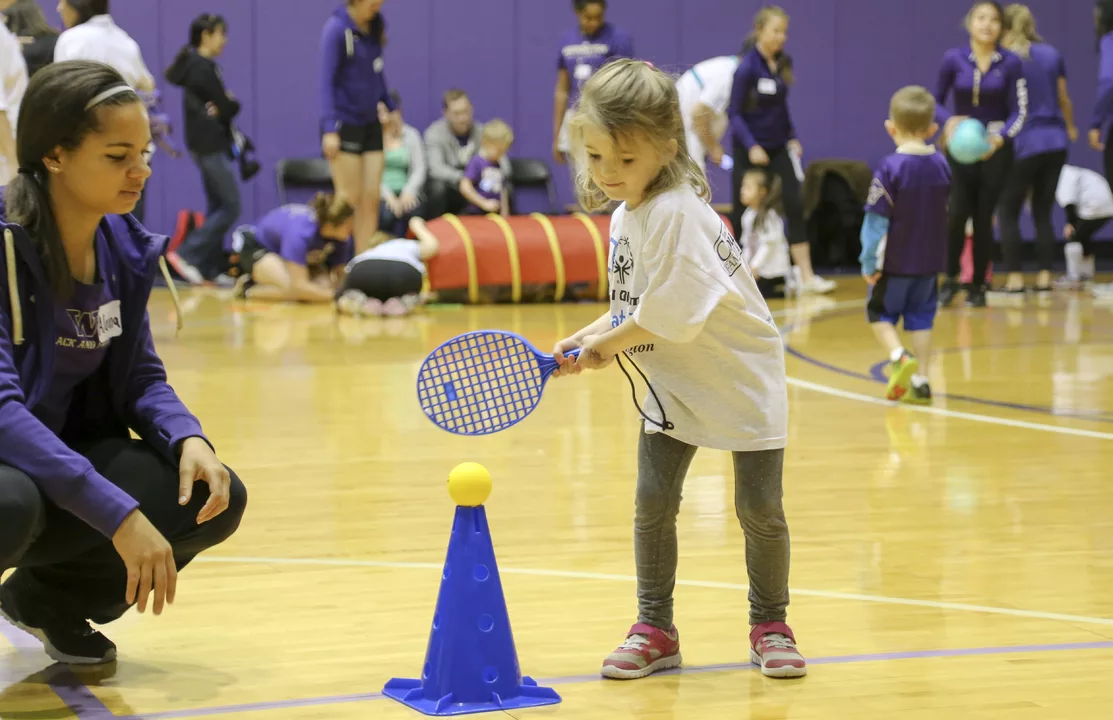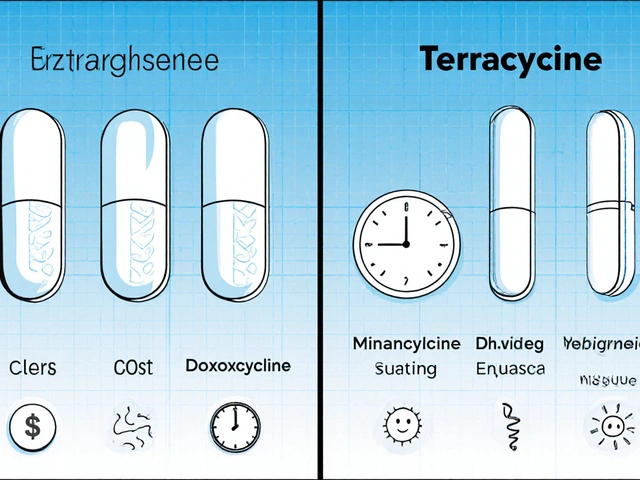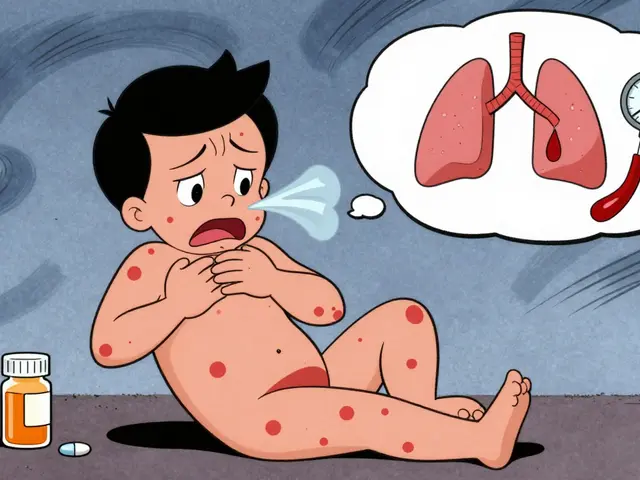Intellectual Disabilities: Signs, Support, and Practical Help
Intellectual disabilities change how a person learns, solves problems, and handles daily life. That can sound big, but you don’t need medical training to spot when someone needs support. This page gives clear, practical steps you can use right away—whether you’re a parent, teacher, or friend.
How to recognize intellectual disabilities
Look for persistent delays across thinking, language, and daily skills. A child who is much slower to talk, follow instructions, or learn self-care compared with peers may have a developmental delay. For adults, ongoing trouble with money, job tasks, or managing personal care that started before age 18 is a common sign. Keep in mind one-off struggles don’t equal a disability—consistency across settings matters.
Assessment usually involves a pediatrician, psychologist, or developmental specialist. They will use standardized tests and observe how the person handles real-life tasks. If you’re worried, ask your doctor for a referral rather than waiting. Early evaluation opens more options and makes planning easier.
Practical support that helps every day
Simple routines reduce stress and build independence. Break tasks into short steps, use visuals (timers, checklists, picture schedules), and practice skills daily in real situations. Celebrate small wins—learning to brush teeth, manage a simple chore, or follow a short work routine adds up fast.
Special education services and individualized plans (like IEPs) can shape school time to real needs. Therapies such as speech, occupational, and behavioral therapy target specific skill gaps. Focus on functional outcomes: communication that helps the person ask for help, tools that improve hand use, or strategies that lower anxiety in noisy places.
Medication can help when there’s co‑existing health issues—seizures, mood disorders, or attention difficulties. It doesn’t treat intellectual disability itself but can make learning and day-to-day life easier. Always review meds with a specialist and watch for side effects.
Build a small team: family members, teachers, therapists, and a primary doctor. Regular check-ins keep everyone aligned and prevent small problems from growing. Ask providers for clear home strategies so therapy continues outside appointments.
Legal and social supports matter. Check local disability services for benefits, respite care, and vocational programs. Many areas offer job coaching and supported employment, which focus on abilities rather than limits.
Want a realistic next step? Start with one observation: write down two things the person struggles with and two things they do well. Share that with your doctor or teacher at the next visit. That gives professionals real examples to act on and gets support moving.
Intellectual disabilities don’t define a person’s value or future. With the right supports, people learn new skills, hold jobs, and enjoy relationships. Practical, consistent help makes the biggest difference day-to-day.





